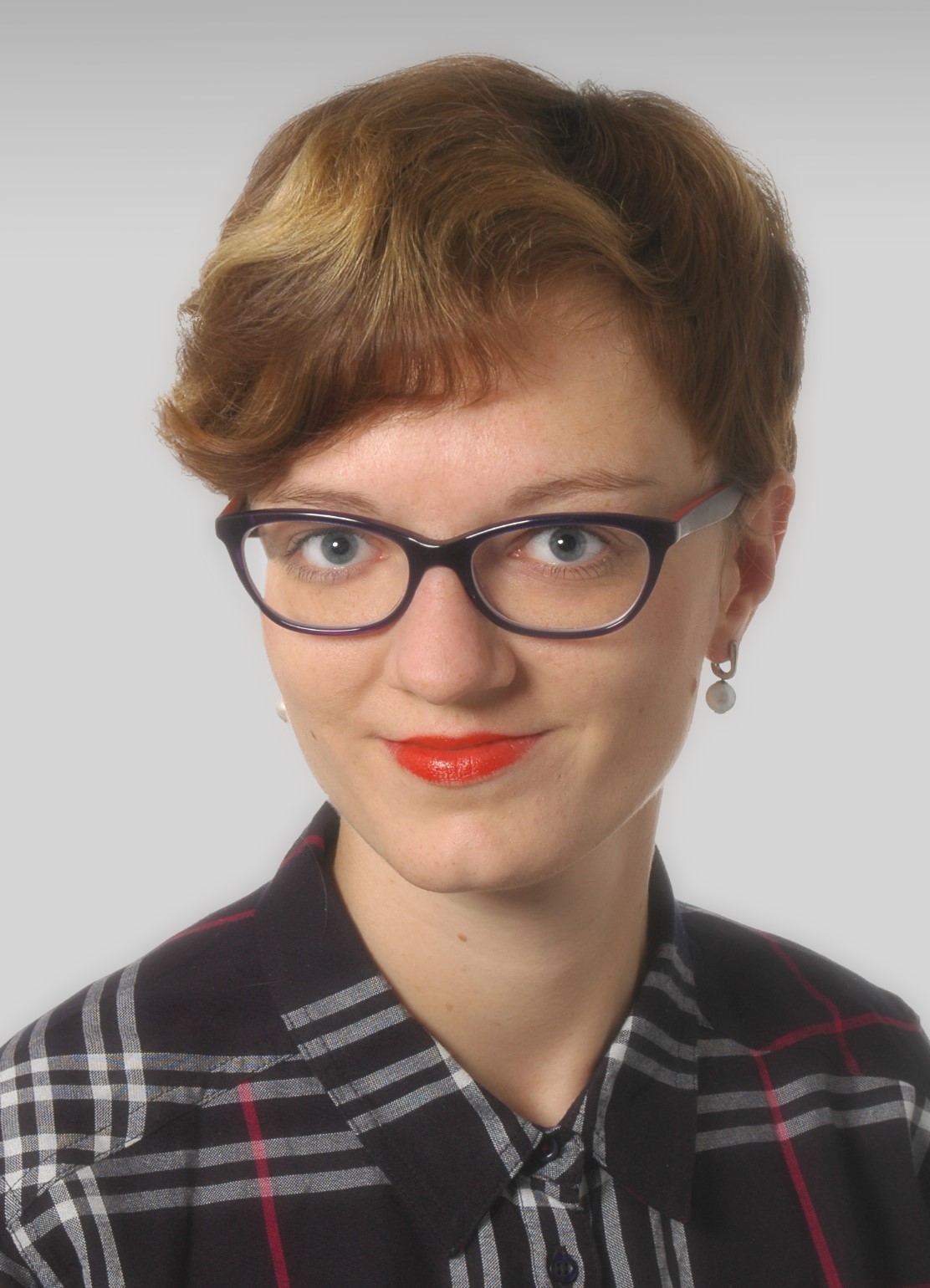Aleksandra Pettke - ESR 6
Name: Aleksandra Pettke
Nationality: German
Main Host Institution: Helleday Lab, Scilifelab, Karolinska Institutet
Academic Background: I studied human medicine at University of Münster in Germany and performed part of my studies abroad in Pisa, Italy and Lugano, Switzerland. After graduating in late 2014 I commenced specialty training in Medical Microbiology at Münster University Hospital, focusing on virology and infection control. In my Medical Doctor Thesis (Dr. med.) I focused on new therapeutic strategies for osteosarcoma, bone cancer occurring mostly in children. In April 2017 I joined Helleday Lab to perform my PhD-program as part of the SYNTRAIN network.
Project title: Drug candidates targeting oxidative DNA damage in disease
Project background: Our genetic information, DNA, is vulnerable to get damaged by various endogenous and exogenous factors leading to genomic instability and increased cell death. DNA damaging chemotherapy is one of the pillars of current oncological treatments, as cancer cells are especially sensitive to DNA damage due to their high proliferation rates. Another approach to exploit cancer cells’ vulnerability to DNA damage is to target DNA repair pathways that cancer cells are dependent on. Base excision repair is the main pathway for repairing oxidised base modifications in mammalian cells. In this pathway, DNA glycosylases recognize and replace damaged bases in the DNA.
In addition to their roles in cancerogenesis, there are hints for DNA glycosylases involvement in the pathogenesis of infectious diseases.
Project Aim: Our aim is to analyse how inhibition of oxidative DNA damage repair influences cancer cells, and to investigate its role in inflammation and infectious diseases.
I will validate small molecule inhibitors for human DNA glycosylases from our laboratory and contribute to understanding the mechanism of action of our compounds. The effects of the inhibitors on DNA repair, apoptosis and the redox balance will be studied. To achieve this, various cell biological methods will be applied. The compound will also be studied in a 3D organ model, which mimics the natural setting very well. Furthermore, I will study immune cells and their reaction to the compounds.
The efficacy of the in-house compounds will be tested in in vivo disease models.
Expected outcome: We expect to get new insights into base excision repair and its relevance for cancer and infectious diseases. These insights will contribute to finding novel and valuable tools to fight cancer as well as infectious diseases.
Contact: http://www.helleday.org
